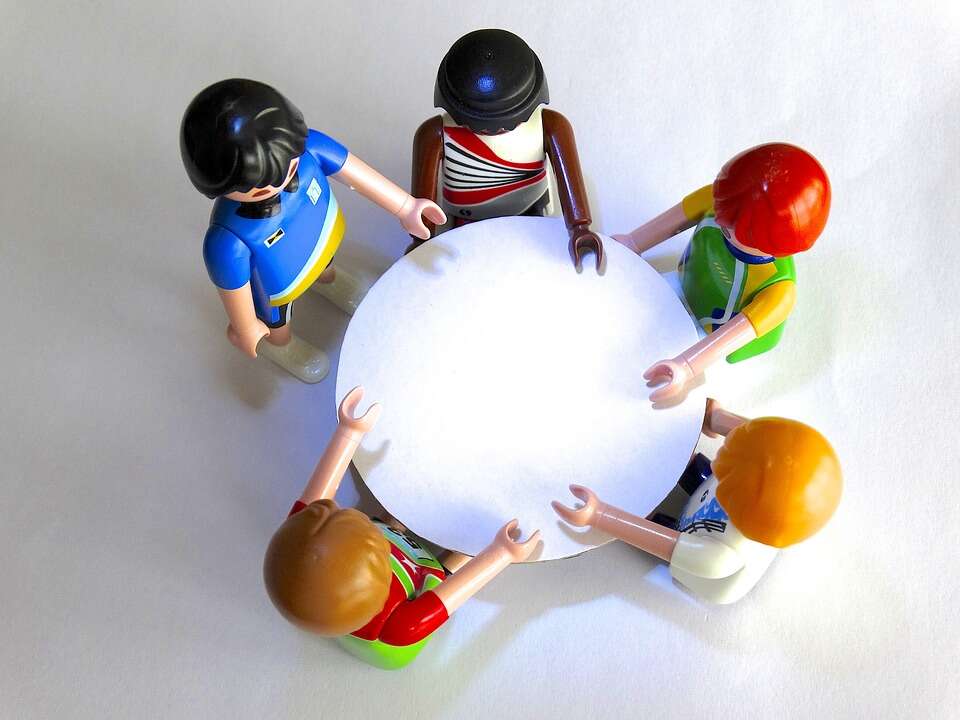
Program Language and inequality
There is much more to discover during the European Researchers' Night! With more than 40 activities in Dutch and English, it is the place for everyone who wants to know more about science: researcher, non-researcher, student, local, young or old. In short, the science festival for all the curious!
Eten, food, comida, еда, yiyecek: play your way through world languages
Explore global linguistic diversity through a board game! You and your team will manage a multilingual restaurant where customers order in their native languages. Can you distinguish between Chuwabo and Galician and serve your customers on time? The innovative research behind this board game uses games to enhance and measure language learning. Join, play and discover: prizes await the best teams!
By: Anastasia Pattemore (RUG, Faculty of Arts), Matthew Pattemore (RUG, Faculty of Law), Omar Guillermo Rosas (UMCG).
Cultural differences at work
Foreign talent is crucial for driving innovation in companies. But how can businesses effectively tap into the benefits of employing international staff? Join us as we explore the journey of international employees, the obstacles they face, and practical ways to help businesses unlock the full potential of their global teams. Whether you're an employer, employee, or just curious, this talk will offer valuable insights for everyone!
By: Ngoc Hân Nguyen, Faculty of Economics and Business, University of Groningen.
Fair sharing... thanks to algorithms
Join this activity and discover how algorithms help in the fair distribution of scarce resources. We’ll work with practical examples such as dividing a bag of candy among children, assigning donor kidneys to patients, and allocating a city budget to community projects. Find out if algorithms can offer elegant solutions to these distribution challenges!
By: Davide Grossi en Feline Lindeboom, Bernoulli Institute for Mathematics, Computer Science and Artificial Intelligence, University of Groningen.
Can you see an argument?
Advertisements, political campaigns, memes, and news often try to persuade not just with words, but also with images. Can images present arguments or fallacies? Join us and share whether you see (good) arguments in current visual messages.
Lotte van Poppe, Bita Heshmati, Faculty of Arts, UG.
The reading brain: science behind dyslexia and learning
Discover the science behind reading skills and dyslexia! Participate in interactive tests and experiments that let you experience the importance of language knowledge, attention, and perception. Assist researchers in developing a new dyslexia screening tool for young adults and find out how science influences our daily thinking and learning.
Dyslexiecentrum, UG.
From Misinformation to Truth: Can You Spot the Difference?
Do you play a part in the spread of online misinformation? You might think you don't, but there's a good chance you do—without even realizing it. Join us to put your own skills to the test: can you tell what's real from what's fake?
Marc Esteve Del Valle and Fianne Sarchosakis, Faculty of Arts, UG.











